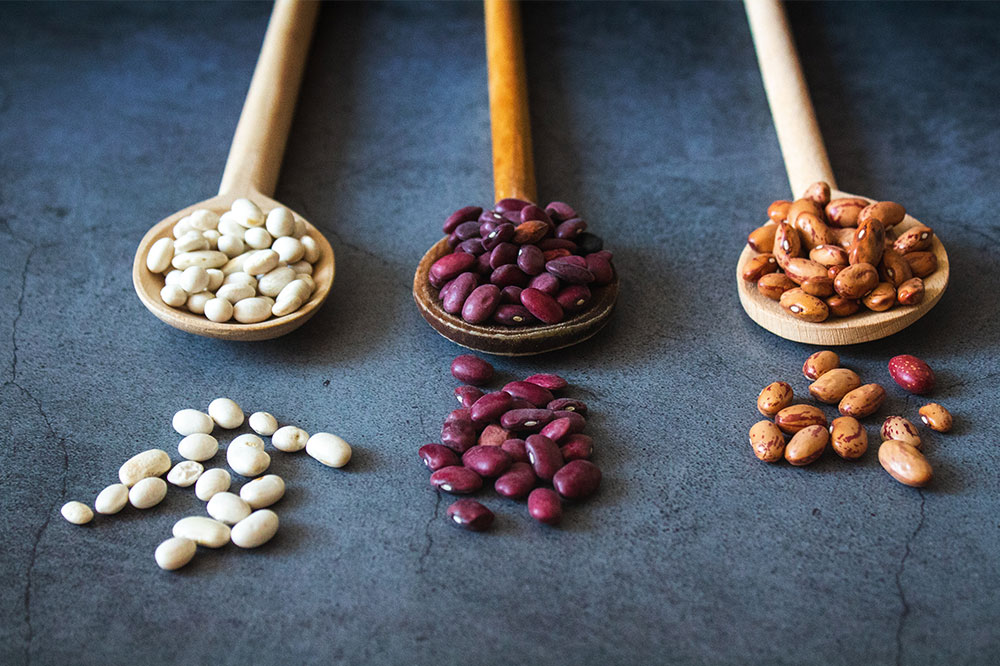7 human foods safe for consumption by dogs

A dog is a man’s best friend. Now you might have heard this a lot of times, and if you have ever had a pet dog, then you know the joy they bring into the lives of others. However, as often happens with family, you must have been tempted to share your food with your pet dog. Unfortunately, not all human foods are pet-safe. Read on to learn about which foods your dog can eat.
7 human foods that are safe for consumption by dogs
It is a known fact that dogs and puppies have different digestive systems compared to humans, making some of the foods you eat unhealthy or even toxic for them. Here are some of the human foods that are safe for dogs:
Carrots
Vegetables and fruits are known to be incredible sources of nutrition. Carrots are an excellent source of fiber, vitamins, and minerals, making it a snack that your puppy can eat at any time of the day. You can either cook it or even feed it as a raw snack, but remember to cut the vegetable into small pieces to avoid choking hazards.
Watermelon
Some fruits can probably make your dog incredibly sick, but watermelon is not one of them. This fruit is a rich source of potassium, vitamins C, A, and B6. During the summers, in particular, a few watermelons act as quite the body coolant and are also low in calories. But before you serve them pieces of watermelon as snacks, pick out all the seeds, as they can cause digestive problems and even result in choking.
Chicken
Chicken is one of the healthiest food for dogs and puppies as it is high in protein. It is also one of the food items that dogs love to eat the most. Although, keep in mind to serve your pet plain chicken without any seasoning or condiments and much fat. Cook it thoroughly, so it does not contain any harmful bacteria.
Spinach
If you believe that leafy vegetables are great for health, then you’re right, and spinach is surely one of them! It contains antioxidants, Vitamin K, and iron, making it a healthy snack that can be fed to your puppy. Additionally, it boosts your dog’s immune system, keeping them in good health.
Peanut butter
A snack that is not only healthy but also tasty! What’s more, it is a plentiful source of Vitamins B, E, and healthy fats! Try serving a spoonful of it once a week so that your puppy remains healthy without putting on more weight. While buying the prized peanut butter, also make sure that it does not contain xylitol, as the ingredient is extremely toxic for puppies.
Bread
Whole grain bread and white bread are good snacks for your dogs. As you serve them a piece of bread, make sure it does not contain other ingredients such as raisins that can be bad for their health. Also, keep in mind that excess servings of it can contribute to weight gain and lead to other health issues for your pet.
Corn
Corn can be fed to your puppies as a healthy snack from time to time. It contains minerals and vitamins that contribute to their overall well-being, and hence, the item is added to good quality dog foods. Even though plain cooked corn is excellent for your pet’s health, never feed them corn on the cob, as it may be a choking hazard.
Although these snacks are good sources of nutrition, your dog will need high-quality dog food containing chicken, beet pulp, vegetable oil, fish oil, and other required ingredients for all-around nutrition. Some of the brands which include the best dog food options for all sorts of breeds, sizes, and health specifications include Royal Canin, Purina, Blue Buffalo, NUTRO™, and Hill’s which ensure your puppy or senior dog remains healthy and playful.
Brands like Royal Canin also have a range of products specifically for pure-bred dogs. If you’re unsure about what to purchase, brands like Hill’s give you a clear idea of all options categorized by your dog’s age, nutrition needs, and serving options.







